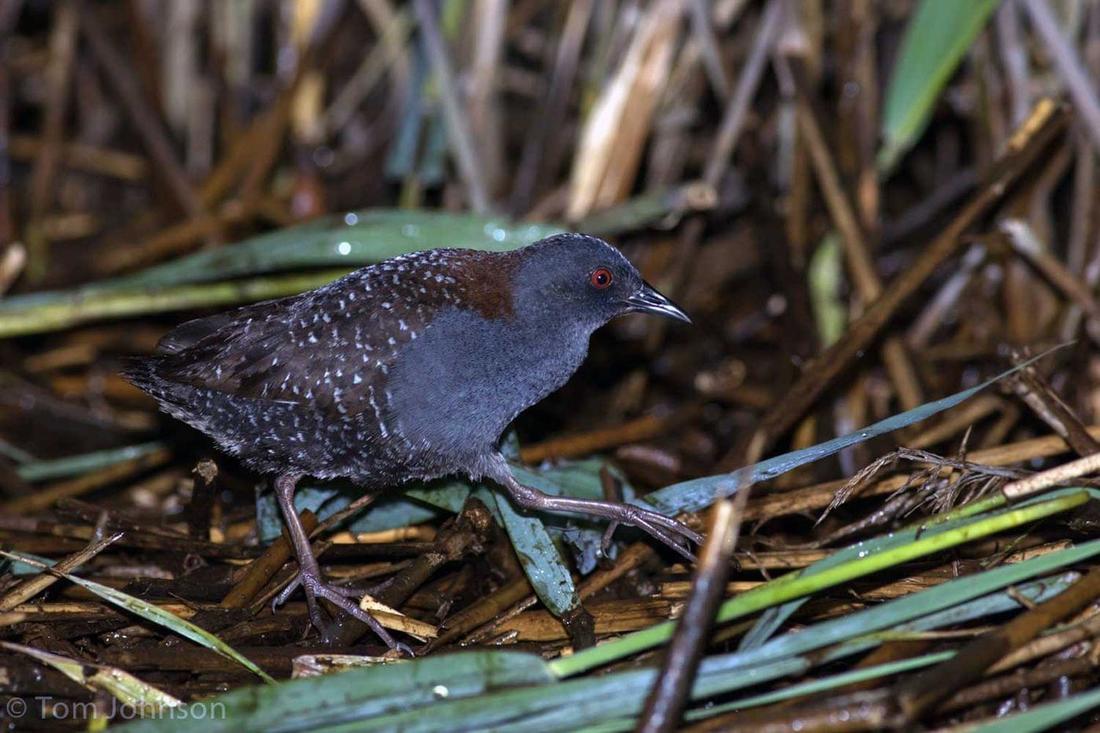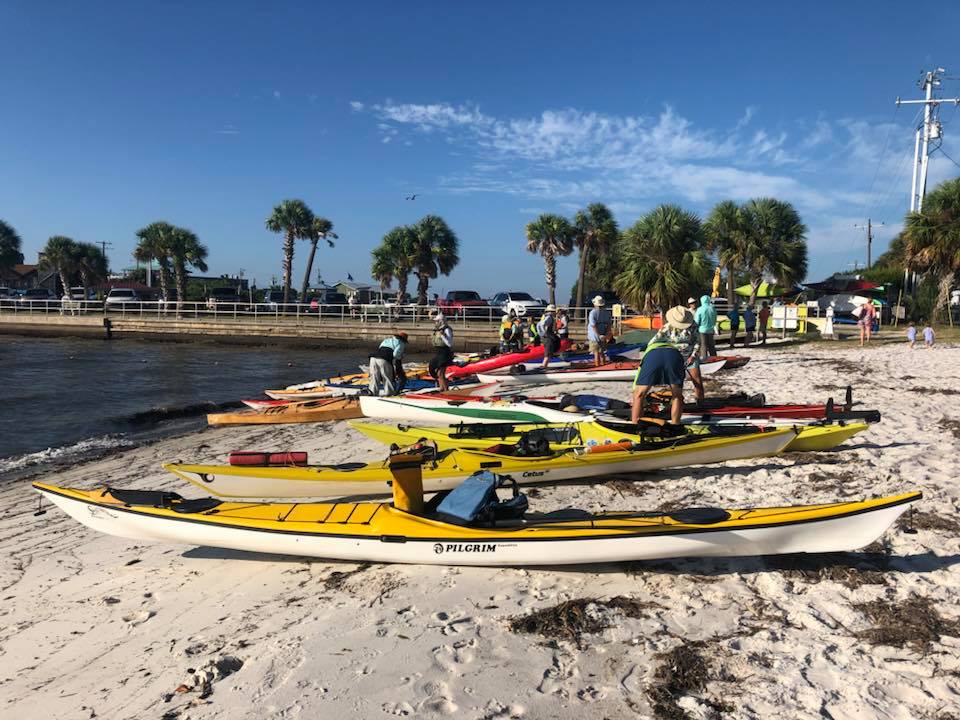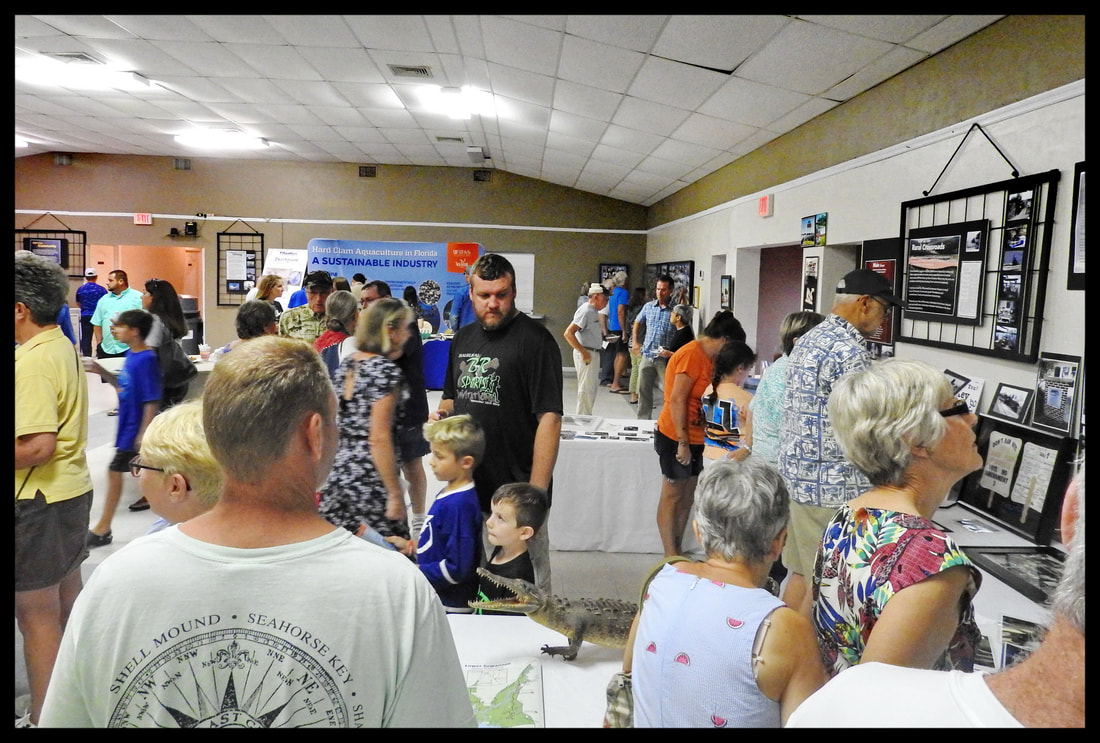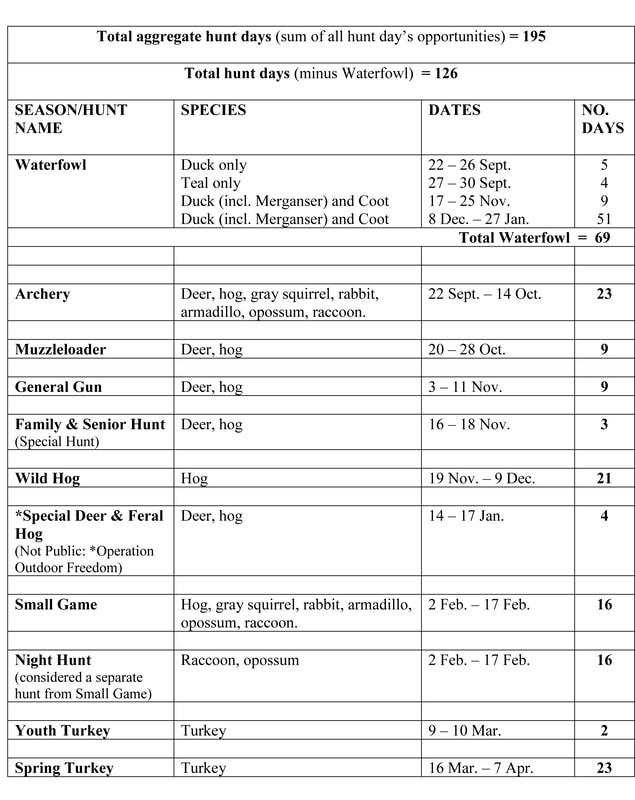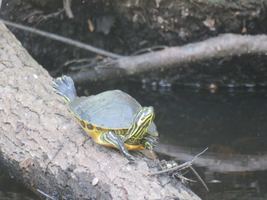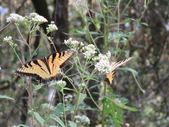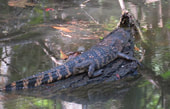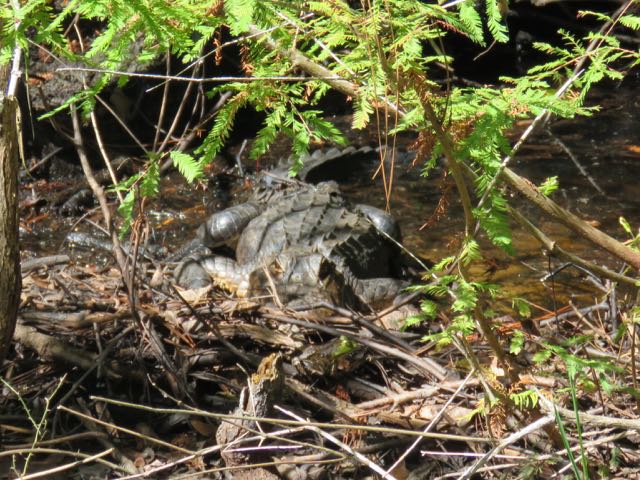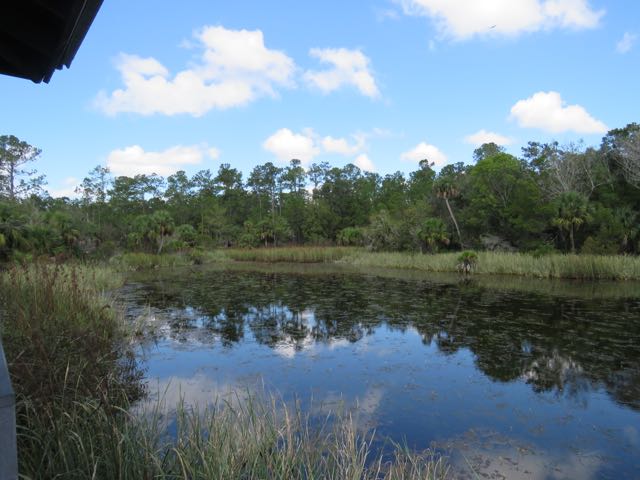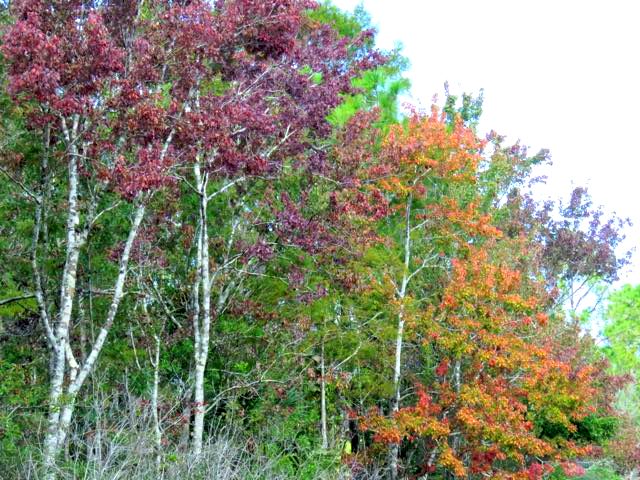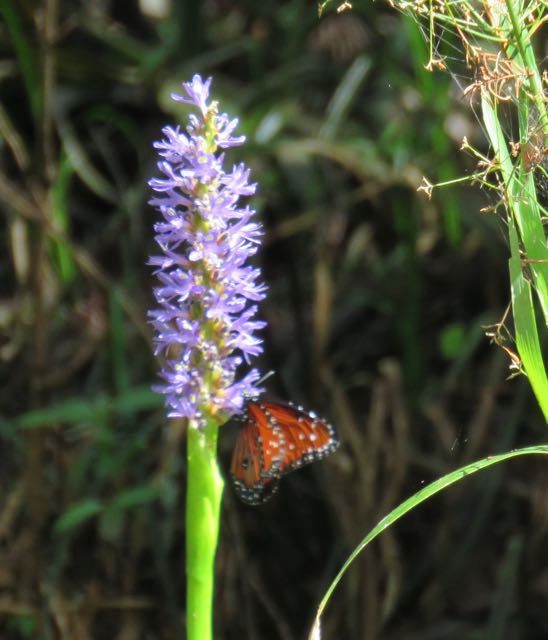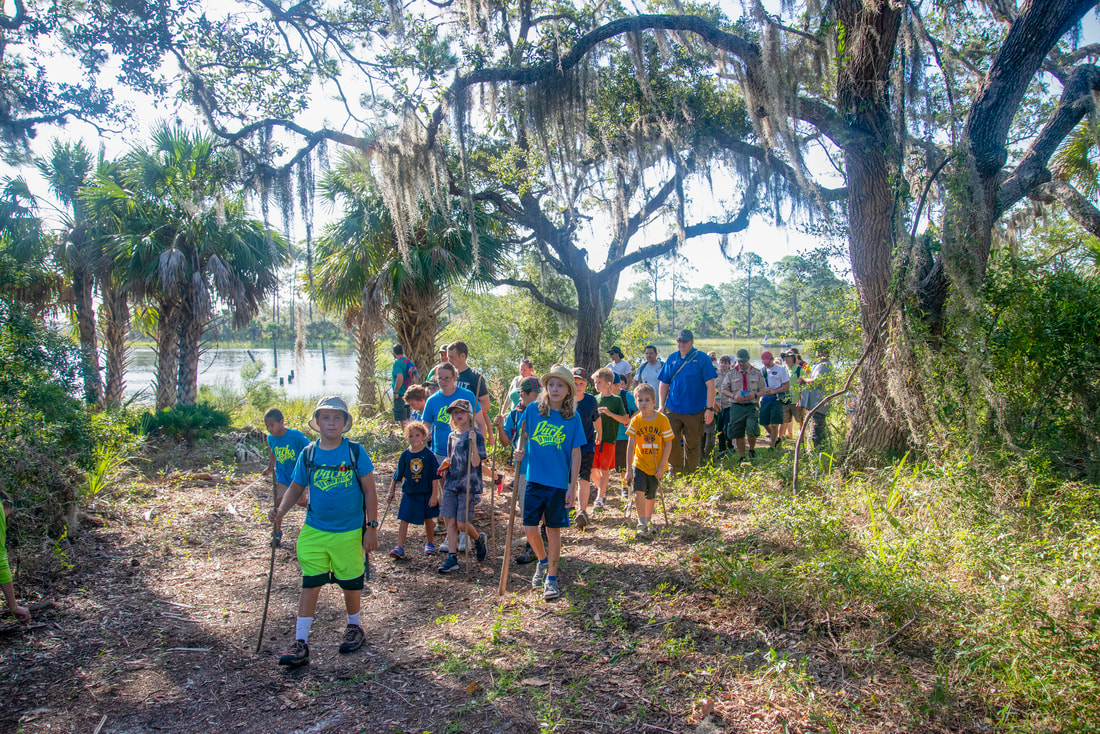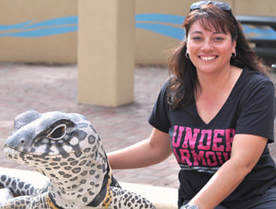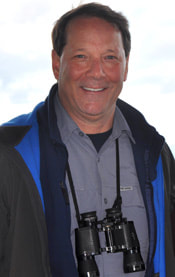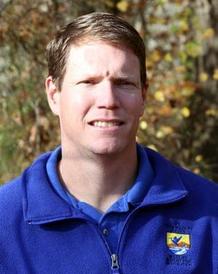|
The Eastern Black Rail is a small, secretive marsh bird that is in steep decline. Some populations along the Atlantic coast have dropped by as much as 90 percent. With a relatively small total population remaining across the eastern United States, the Fish and Wildlife Service is proposing to list the subspecies as threatened under the Endangered Species Act. We have this bird on the Lower Suwannee Refuge. Read more here.
2 Comments
If you have been curious about hunting on the Lower Suwannee Refuge, here are the data on hunting days during the 2018-2019 season. The Lower Suwannee Refuge hosts more hunting days than most refuges in the Southeast Region of the Refuge System, which includes the states of Alabama, Arkansas, Florida, Georgia, Kentucky, Louisiana, Mississippi, North Carolina, South Carolina and Tennessee, as well as Puerto Rico and the U.S. Virgin Islands. A State of Florida hunting license is required to hunt on the Lower Suwannee Refuge, as well as a Refuge permit. You get both the license and the permit through the Florida Fish and Wildlife Conservation Commission. The Refuge permit code is 7800. You can read or download a copy of the 2018-2019 Lower Suwannee Hunt Brochure here.
Friends Board member Libby Cagle took these photos on the Nature Drive on the Levy county side of the river.
On Saturday October 6, Friends President Bill Dummitt helped lead a Nature Walk for a group of scouts from Alachua on the Dennis Creek Trail.
If you are going out to walk this picturesque trail, you can download a free copy of the Friends trail guide from this website. The Lower Suwannee & Cedar Keys Refuges will soon lose our only law enforcement officer, with little hope of getting a replacement. The whole National Wildlife Refuge System will lose one-fifth of its law enforcement officers at the end of the year. The US Fish and Wildlife Service announced on September 21 that all “dual-function” law enforcement officers will be stripped of their badges. Our own Deputy Manager Larry Woodward is a dual-function officer, which means he has law enforcement authority as well as being a manager. Kenny McCain started as dual-function and then became full-time law enforcement. They are the models of dual-function officers.
As Friends of the Refuges, we are very concerned about being without a law enforcement officer. We are equally concerned that, without dual-function officers like Larry, the culture of enforcement on remote, rural refuges like ours will change. The change will move the Refuge and its community away from shared concern for the natural resources that drive our economy and way of life. This change in law enforcement structure is bad for the Refuges, our communities, and all the people who spend time on these public lands
It would be useful to voice your concerns and suggestions about Refuge law enforcement with those in the chain of responsibility for safety on these public lands. In addition to your federal representatives, you can let Interior Secretary Ryan Zinke, Fish and Wildlife Service Director Jim Kurth, Chief of the National Wildlife Refuge System Cynthia Martinez, and Regional Chief of the National Wildlife Refuge System David Viker know your thoughts. You may remember meeting David Viker and his family when they came to Friends 2016 Annual Meeting. David grew up in Bronson. His first experience on a refuge was as a volunteer at the Lower Suwannee. UPDATE: Two members who wrote to Secretary Zinke at the email address we provide report that it bounced. We are looking for one that does not and will update again soon.
|
Archives
June 2024
|

Friends of the Lower Suwannee & Cedar Keys National Wildlife Refuges
P. O. Box 532 Cedar Key, FL 32625 [email protected] We are a 501(c)(3) nonprofit organization. |
|
